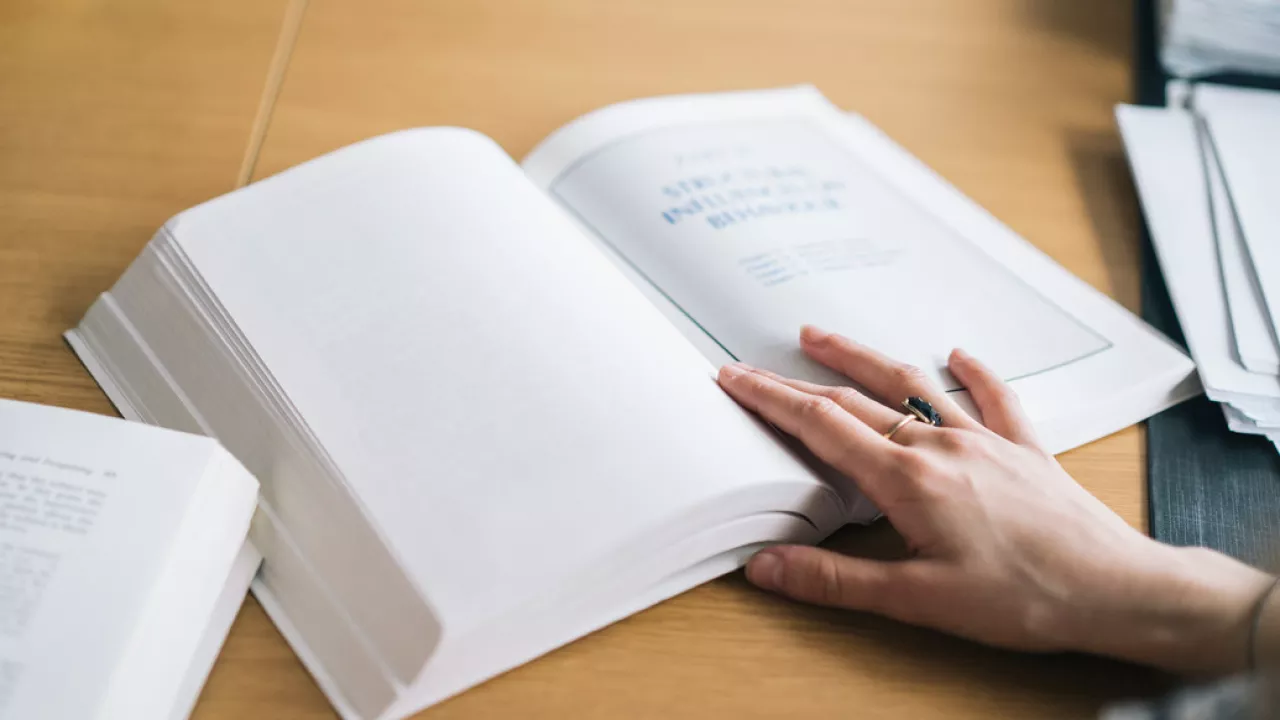Developmental Psychology Research Group
Developmental Psychology Research Group
Overview
The Developmental Psychology Research Group joins together psychologists, neuroscientists and comparative developmental psychologists. Using a range of techniques like high-density EEG, near-infrared spectroscopy (NIRS), transcranial direct current stimulation (tDCS) and eye-tracking, along with observational and qualitative methodology, we explore different aspects of brain, cognitive and social development from birth and throughout the life span. Our projects actively engage with children growing up in East London, one of the most socioeconomically and demographically diverse areas of the UK.
UEL BabyDevLab
The UEL BabyDevLab (led by Prof Sam Wass) hosts a number of current research projects funded by the European Research Council, the Medical Research Council, the Economic and Social Research Council, the Leverhulme Trust, and others. The main aim of this research is to explore how children's early life, including the home environment they are growing up in, affects their later school readiness and mental health outcomes.
To do this they use a variety of innovative techniques including dual parent-child EEG, miniaturised microphones, cameras and stress monitors that can be worn by babies and parents in the home, and others. For further details of their projects see the BabyDevLab website.

Early development of sensory perception across typical and atypical development
Dr Elena Serena Piccardi is interested in the early development of sensory perception across typical and atypical development. Taking a multimodal perspective, Elena’s research assesses the factors that determine contextual and individual variability in sensory sensitivity and the seeking of sensory input. In this context, Elena has been involved with several prospective longitudinal studies including the STAARS project (researching the early sensory development of infant siblings of autistic children, children with ADHD and typically developing children) and the Predictive Learning study (researching sensory drivers of media choices in early typical development).
In collaboration with Prof. Sam Wass, Elena is supervising doctoral research investigating short-term state and long-term trait mechanisms of sensory regulation. Elena is further interested in issues related to research reproducibility and replicability and currently acts as UEL Local Lead for the UK Reproducibility Network. With other local leads, Elena is conducting work to assess awareness and uptake of open research practices at national and international levels.

Children’s Autism Technology-Assisted Assessments (CHATA) project
The Children’s Autism Technology-Assisted Assessments (CHATA) project was set up to develop a novel, open-source, autism diagnostic pathway for children, offered via Telehealth. Traditional autism assessment procedures tend to be costly and lengthy, leading to long waiting lists; they also tend to have reduced accessibility to non-white and non-English speaking populations. Therefore, there is a need for novel, efficient, equitable and culturally sensitive autism diagnostic assessments, which is the aim of CHATA. Because it was co-designed with NHS staff working in a conventional NHS autism pathway, the CHATA system can be integrated into existing NHS digital systems. A key focus for the design of CHATA has been to ensure relevance to the needs of ethnically and linguistically diverse populations. The project and pathway have been informed by extensive Patient and Public Involvement (PPI) and co-production.
CHATA is currently being piloted in the London Borough of Newham. This is a project conducted in collaboration with East London NHS Foundation Trust (ELFT), University College London (UCL), and UEL (lead from UEL - Dr Georgia Lockwood Estrin).

Autism and Homelessness
This project is led by Dr Georgia Lockwood Estrin at UEL and is funded by Autistica (and previously by Birkbeck Research Innovation Fund). It seeks to bridge the gap in services to improve the support available for autistic individuals experiencing, or at risk of, homelessness. Preliminary research has demonstrated that autistic individuals may be up to 12 times more likely to experience homelessness than the general population, and yet there are limited support options tailored to the specific needs of autistic individuals. The project’s long-term objective is to increase access to services for autistic individuals through staff autism training, with the ultimate aim of reducing periods of homelessness. The project also aims to improve our understanding of the experiences of autistic individuals experiencing homelessness, especially focusing on women, whose lived experiences to date have been largely misrepresented or ignored.
An Autism and Homelessness Toolkit for use by service providers has been developed as part of this project (led by Georgia Lockwood Estrin) and will be launched on the Homeless Link website in April 2024. This project focuses on co-production methods and has a large number of collaborators, including the National Autistic Society, Homeless Link, Resources for Autism, Westminster City Council, University of Bristol, University of Oxford and others. For more information about this project, see the Birbeck website and the Autistica website.

Scalable TRansdiagnostic Early Assessment of Mental health
STREAM (Scalable TRansdiagnostic Early Assessment of Mental Health) is a multi-year MRC-funded project to assess child neurodevelopment in low- and middle-income countries (LMIC) using open-source, scalable, mobile technology. The tablet-based app will combine and build upon existing screening tools (DEEP, INDIGO, START) developed by members of the STREAM project team. This is a highly collaborative project, across multiple institutions and countries, led by the University of Reading. Georgia Lockwood Estrin is the UEL collaborator. For more information on this project, see the STREAM website.

Eye-tracking Assessment for childRen with Autism (EIRA)
Eye-tracking Assessment for childRen with Autism (EIRA) was a project funded by a Sir Henry Wellcome post-doc fellowship awarded to Dr Georgia Lockwood Estrin (Birkbeck and UEL). The project focuses on establishing the ability, feasibility and acceptability of using portable eye-tracking technology to identify children with an elevated likelihood of Autism Spectrum Conditions in low-income contexts, specifically in India. This project is in collaboration with Sangath and AIIMS (All India Institute Of Medical Science).
BabyDevLab
The Baby Development Lab in the University of East London conducts world-leading research into babies' early development.
Read more